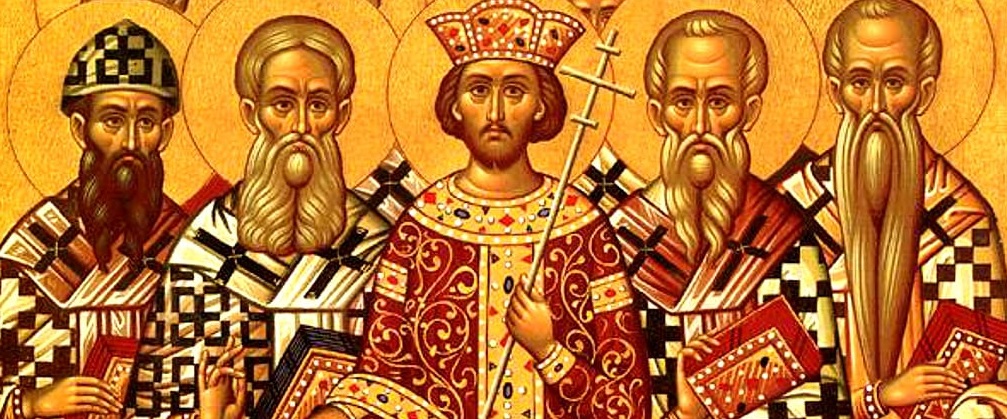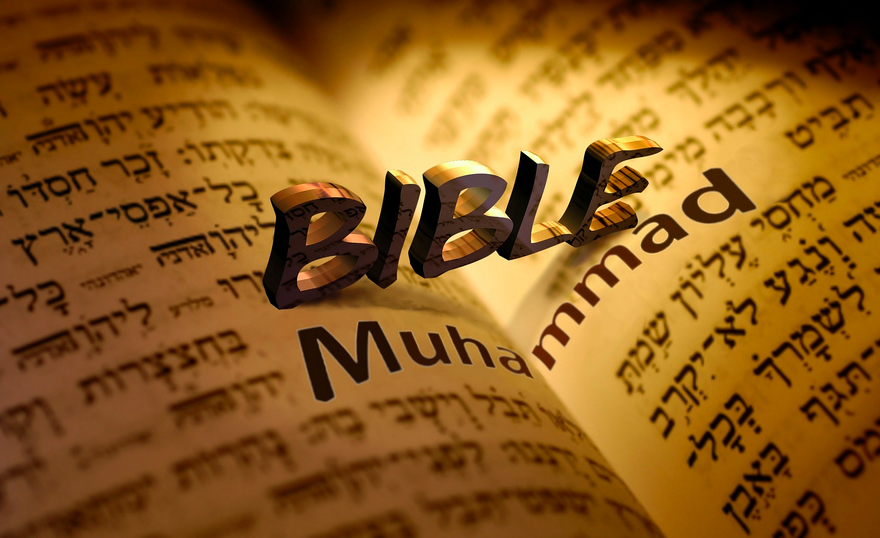The following citations from Athenagoras regarding his views on the deity of the Lord Jesus and the essential Trinity are taken from A Dictionary of Early Christian Beliefs, Hendrickson Publishers, Massachusetts, 1998, edited by David W. Bercot. All bold and/or capital emphasis ours:
What is meant by the Son? I will state briefly that He is the first product of the Father. I DO NOT MEAN THAT HE WAS BROUGHT INTO EXISTENCE. For, from the beginning, God, who is the eternal Mind, HAD THE LOGOS IN HIMSELF. From ETERNITY, He is instinct with Logos. However, [the Son is begotten] inasmuch as He came forth to be the Idea and energizing Power of all material things, which lay like a nature without attributes… The prophetic Spirit also agrees with our statements. “The Lord,” it says, “made me the beginning of His ways to His works.” Athenagoras (c. 175, e), 2.133. (P. 104)
The universe has been created and set in order through His Logos… For we acknowledge also a Son of God. Athenagoras (c. 175, e), 2.133. (P. 113)
The Holy Spirit Himself, who operates in the prophets, we assert to be an effluence of God, flowing from Him, and returning back again like a beam of the sun. Athenagoras (c. 175, e), 2.133. (P. 345)
Who, then, would not be astonished to hear men called atheists who speak of God the Father, and of GOD THE SON, and of the Holy Spirit, and who declare both their POWER IN UNION and their DISTINCTION in order? Athenagoras (c. 175, e), 2.133. (P. 652)
Christians know God and His Logos. They also know what type of ONENESS the Son has with the Father and what type of communion the Father has with the Son. Furthermore, they know what the Spirit is AND WHAT UNITY IS OF THESE THREE: the Spirit, the Son, and the Father. They also know what THEIR DISTINCTION IS IN UNITY. Athenagoras (c. 175, e), 2.134. (Ibid.)
We acknowledge a God, and a Son (His Logos), and a Holy Spirit. These are UNITED IN ESSENCE– the Father, the Son, and the Spirit. Now, the Son is the Intelligence, Reason, and Wisdom of the Father. And the Spirit is an emanation, as light from fire. Athenagoras (c. 175, e), 2.141. (Ibid.)
Let us now summarize the testimony of the Apologists:
- The Apologists all believed that the person of Christ is eternal, uncreated.
- The Apologists all believed that the person of Christ eternally existed within the eternal Being of God as His Reason, Intelligence, Word, and Wisdom.
- The Apologists all affirmed the personal distinctions of the Father and His Word, acknowledging that the two were in communion with one another.
- The Apologists all believed that God’s eternal Word sprang forth from the Father, without severing from him, thereby making the Father the source of the Word, to become the Father’s Agent in creation and redemption. It is at this point that the Logos begins to relate to the Father as the Son.
These points conclusively prove that the early fathers of the church, specifically the Apologists, were essentially Trinitarians in their beliefs. This means that Muslims such as Adnan Rashid have twisted J.N.D. Kelly’s statements in order to mislead their readers into thinking that the Apologists denied the eternal existence of Christ. Such shoddy scholarship is inexcusable to say the least, especially from individuals that claim to be honest seekers of the truth.



